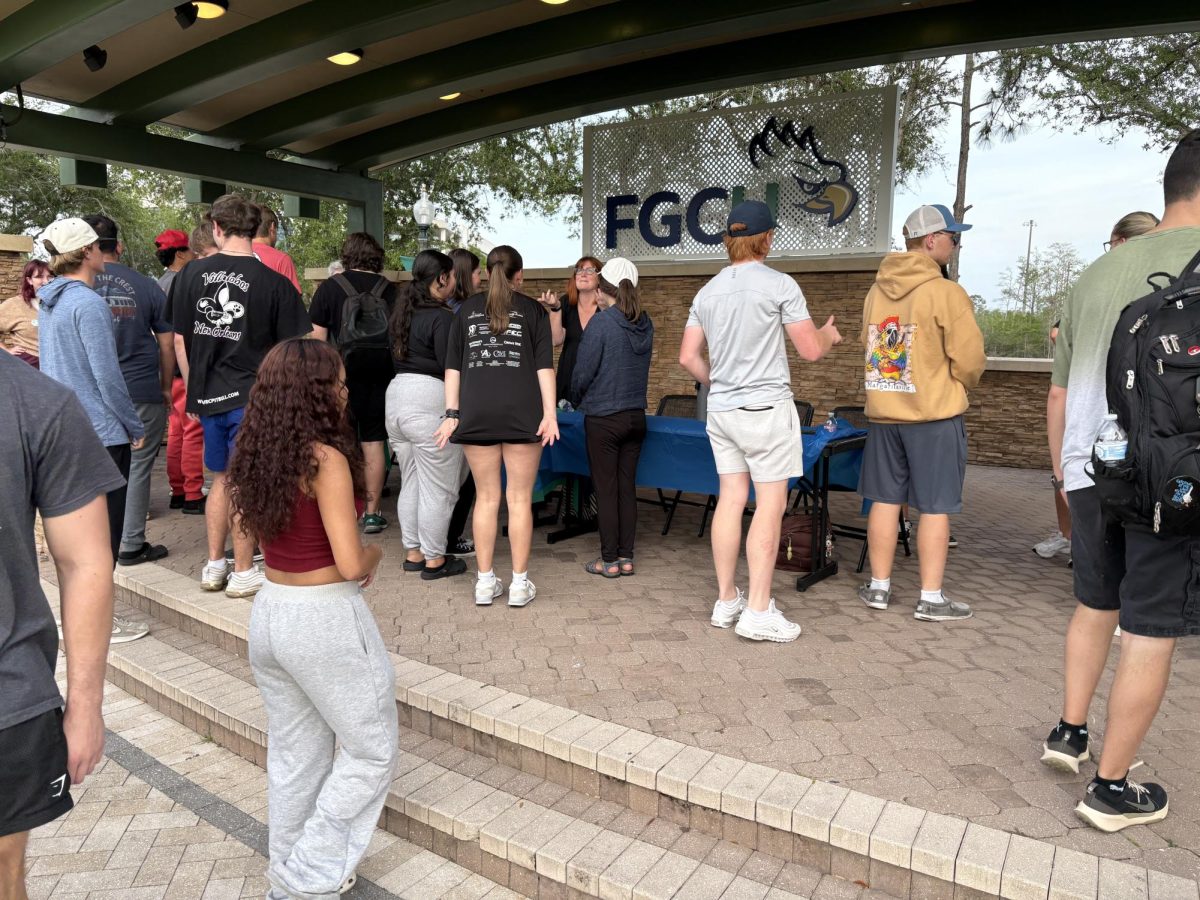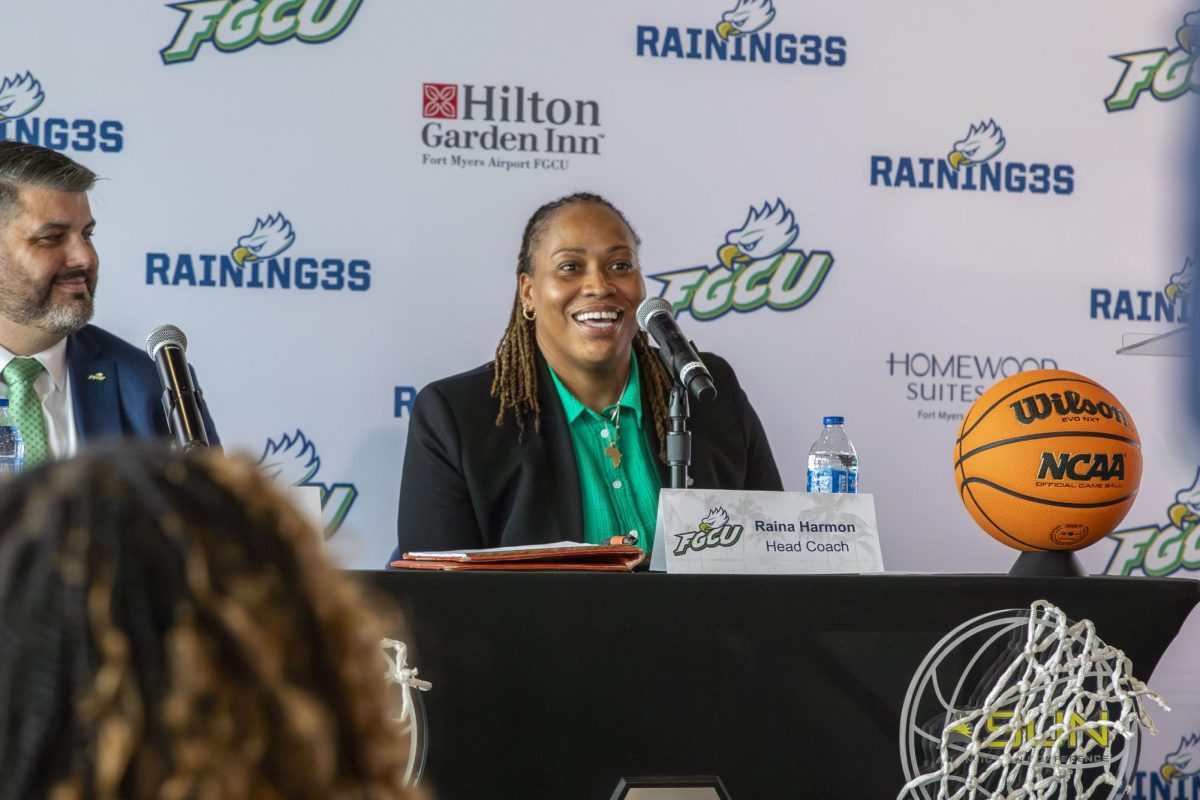Playing the role of TV show that attempts to decipher the second half of a decade, “Master of None” isn’t just your latest average, mundane binge. It’s a pivotal moment for millennial entertainment.
Partnering with Netflix, Aziz Anzari takes his high-energy, swagger-heavy comedic styling and implements it into his own flavor of sitcom. Banking on his success while playing Tom Haverford on NBC’s “Parks & Recreation,” as well as several Netflix standup specials, Anzari does what now seems to be a returning trend among comedians: creating full shows around their material.
However, what Anzari brings to the table, which others in his field like Jim Gaffigan and Amy Schumer seem to lack, is his ability to connect with his audience on a more social, human level; he acts as a catalyst between social issues and comedy.
Partnering with Netflix, Aziz Anzari takes his high-energy, swagger-heavy comedic styling and implements it into his own flavor of sitcom. Banking on his success while playing Tom Haverford on NBC’s “Parks & Recreation,” as well as several Netflix standup specials, Anzari does what now seems to be a returning trend among comedians: creating full shows around their material.
However, what Anzari brings to the table, which others in his field like Jim Gaffigan and Amy Schumer seem to lack, is his ability to connect with his audience on a more social, human level; he acts as a catalyst between social issues and comedy.
It’s apparent even in the first five minutes of the show that millenials have a priority in the writing. Anzari’s character Dev finds himself in a slight panic when a condom breaks. He and his date debate on whether “pre- cum” can cause pregnancy, going through anecdotal examples of friends who still got pregnant that way. The two even stop everything to Google whether they should be worried about an unplanned pregnancy and compromise on taking an Uber to the drug store for a morning-after pill. The whole time, it’s painfully obvious the two barely know each other, and Dev tries to make things casual despite this in the bantering way only Anzari could.
“Anything else?” Dev says to his date casually, while checking out at the drug store. “Are you good on snacks and stuff?”
“Anything else?” Dev says to his date casually, while checking out at the drug store. “Are you good on snacks and stuff?”
The pilot episode expands on a common issue plaguing twenty- somethings: close friends slowly but surely settling down and having kids. Although Dev’s close friend Arnold, played by Eric Wareheim, is opposed to and seemingly incapable of settling down and starting a family, Dev is still uncertain and starts fantasizing about a family à la ‘50s sitcom flashback. He grapples with the thought of giving up the partying and bar hopping for raising kids. But, after a chaotic montage of watching a friend’s two kids for a few hours, he immediately reverts to his childless ambitions.
It gets a little more intense in the following episode when Dev and his Asian-American friend are off to see a movie together. At their parents’ houses respectively, they deny helping out their older fathers because they want to catch the previews. This sparks intense flashbacks for the fathers of growing up chasing the American dream after moving here from Asia. The juxtaposition of what it’s like being a minority and the modern struggle of missing movie previews brings things into perspective. Dev’s parents remind him that fun is a luxury for his generation. The struggle of immigrant parents has never been shown in a sitcom quite like the way “Master of None” presents it.
It gets a little more intense in the following episode when Dev and his Asian-American friend are off to see a movie together. At their parents’ houses respectively, they deny helping out their older fathers because they want to catch the previews. This sparks intense flashbacks for the fathers of growing up chasing the American dream after moving here from Asia. The juxtaposition of what it’s like being a minority and the modern struggle of missing movie previews brings things into perspective. Dev’s parents remind him that fun is a luxury for his generation. The struggle of immigrant parents has never been shown in a sitcom quite like the way “Master of None” presents it.
The 10-episode season is not in your face with social issues, but they are prominent, particularly with the portrayal of minorities on TV. Without being too meta, Anzari likes to bring it to our attention that, no, there shouldn’t have to be more white people on TV.
In an episode where a network executive is schmoozing Dev at a Knicks game because of a racist comment he got ousted for, the exec says there can’t be two Indian guys on a show — that it would make it an Indian show — but Dev argues that nobody would say that about a typical white show. The inequality is brought to center stage, which is a sore topic for most mainstream TV.
In an episode where a network executive is schmoozing Dev at a Knicks game because of a racist comment he got ousted for, the exec says there can’t be two Indian guys on a show — that it would make it an Indian show — but Dev argues that nobody would say that about a typical white show. The inequality is brought to center stage, which is a sore topic for most mainstream TV.
“Master of None” is no doubt a voice for the least of us in the vast field of entertainment. Although the first season is short and sweet, the issues brought up, along with the quirky humor only Anzari can deliver, is sure to resonate for a while.
Story continues below advertisement


































